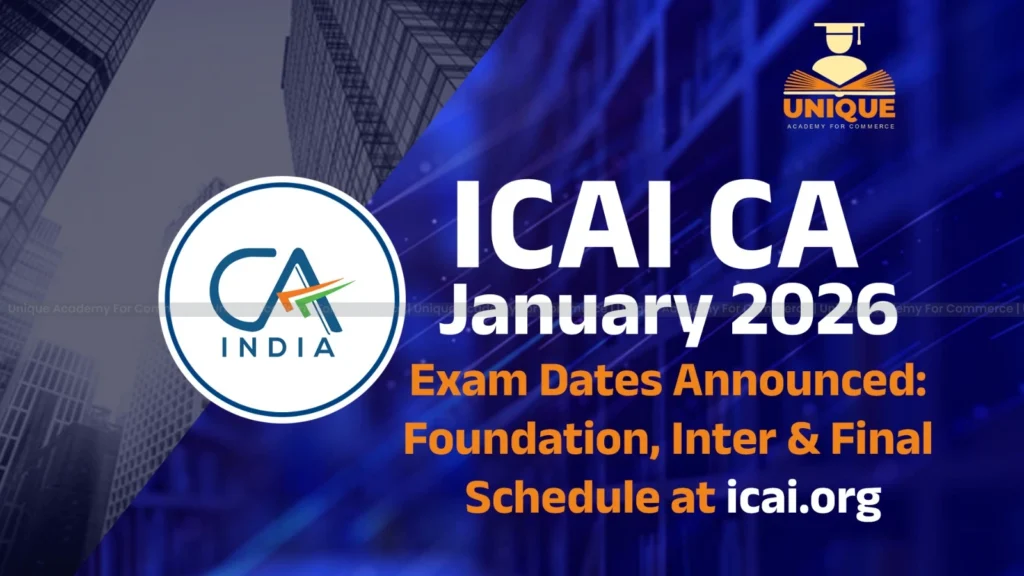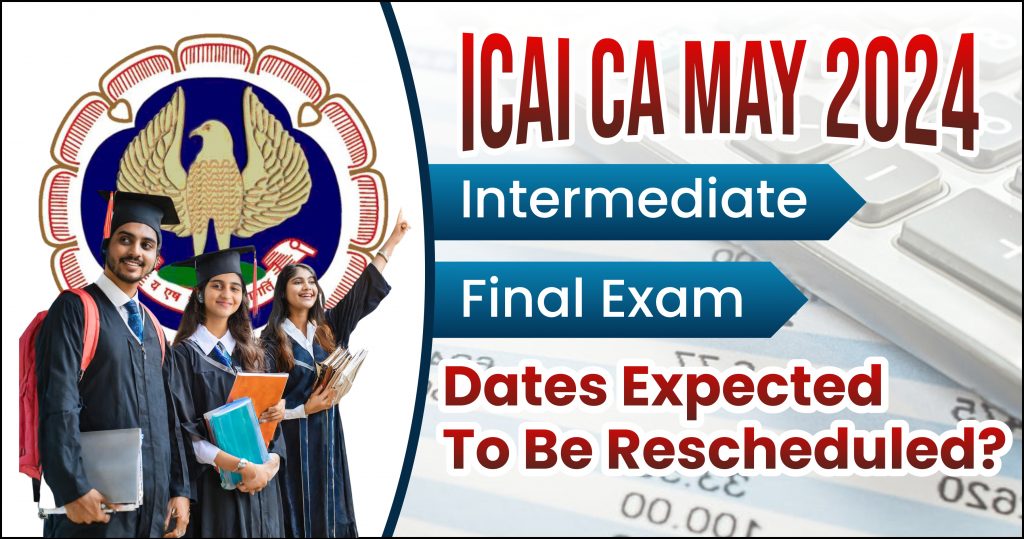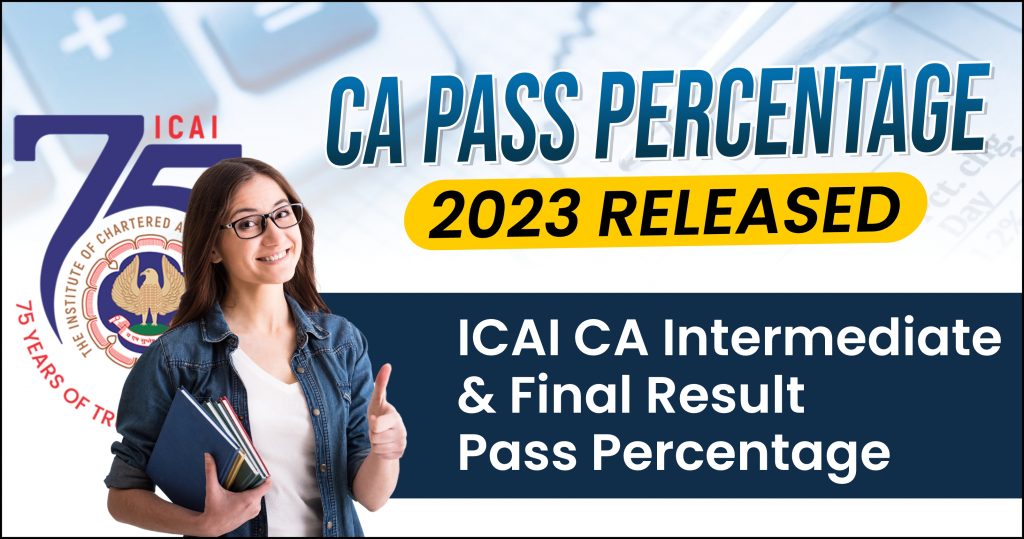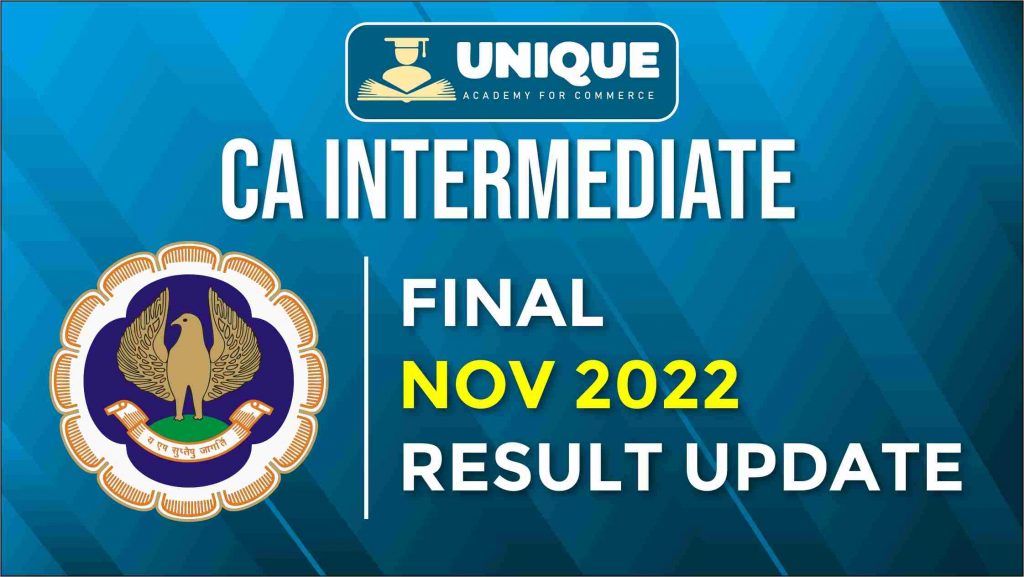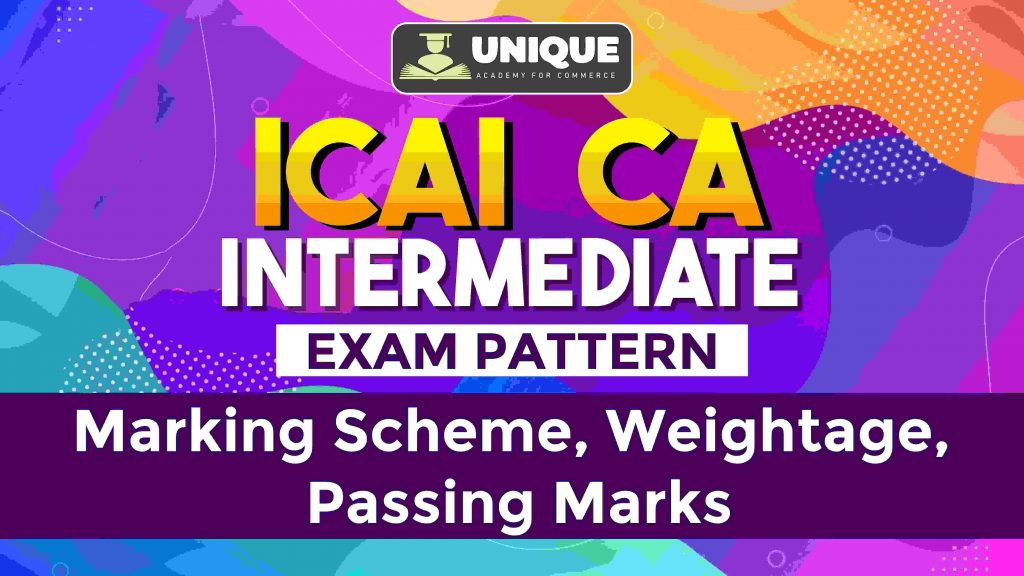3 Months Strategy for CA Intermediate
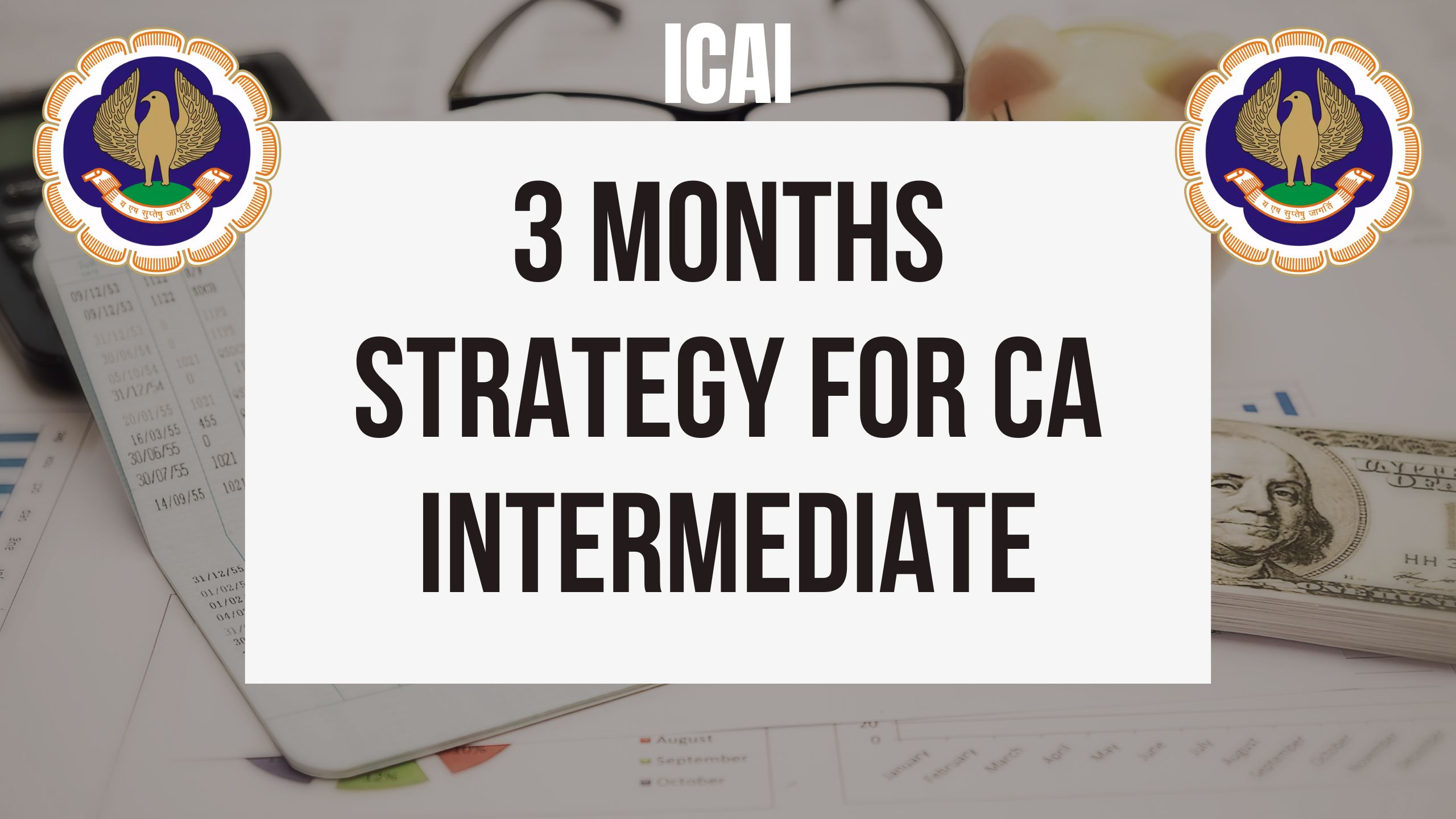
Eight papers make up the CA Intermediate Course, four of which are further broken into two portions each. There are questions of the MCQ or descriptive nature in Papers 2, 4, 6, and 7. 30% of the weight is given to the objective questions, with 70% going to the descriptive ones.
It is crucial to comprehend the nature of any article, whether it is theoretical or practical, for a number of reasons. While some students excel at theory topics, others find it simpler to manage practical subjects. Knowing your strengths and weaknesses in the curriculum can help you better arrange your studies, even though both theoretical and practical papers require equal attention.
Remember that there will be no negative marks for the MCQs. As a result, practicing and studying a lot of MCQs can help you achieve high marks.
| Practical Papers | Theory Papers |
| Paper 1: Accounting | Paper 2: Corporate Laws and Other Laws |
| Paper 3: Cost and Management Accounting | Paper 4: Taxation |
| Paper 5: Advanced Accounting | Paper 6: Auditing and Assurance |
| Paper 8: Financial Management and Economics for Finance | Paper 7: Enterprise Information System and Strategic Management |
Finish your classes at least 3 months before the exams so that you have ample time to revise the whole syllabus.
Writing your own notes is the only option you have if you want to ace your CA inter examinations. Your best option is to send handwritten letters for several reasons. Self-written notes are a game-changer for CA inter preparation in many ways, from improving memory of what you have learned to develop stronger presentation skills when drafting your answers.
It is essential to revise; it is not an alternative. For mock exams, the same holds true. As a result, you must allow enough time in your study schedule for them.
It is common that you will have little time left after finishing the complete curriculum, therefore more revisions you make and mock tests you complete, the better it is. Leaving aside 60 days for revision and completing at least three practice exams would be wise strategies.
Classifying and finishing the syllabus in the A, B, and C categories is the first 60 days’ plan.
Sort issues into A and B categories, finish them perfectly, then finish C category according to your schedule and priorities.
Complete the syllabus by understanding each material and regularly reviewing it, not merely reading everything and counting the chapters.
Every night before you go to bed, describe to yourself what you have learned today. As according your knowledge and assessment, jot down the key ideas and inquiries that will aid in a speedy review during the exam.
After achieving your test objective, show up for the test, assess your performance, and make necessary corrections. To swiftly recall concepts and important words, use mnemonic devices and illustrations.
Plan for the Following 30 Days: Reviewing
By thinking about what you had learned and viewing the names of the Topics, you can quickly recall all the subjects. Wherever appropriate, read through in detail and respond to a couple of the written exercises on practical subjects.
For the first 25 days, the theoretical subject must be prepared twice a day for two to three hours each. Pay attention to the technical terms and points.
Based on your reading and memory of these 30 days, make a plan for the exam days.
Now is the moment to give your preparation the proper direction. Therefore, we will plan ahead and establish our priorities in order to use our time wisely.
Small steps would undoubtedly lead to gains in the future, and you should never forget that your efforts must be supported by your ability.





